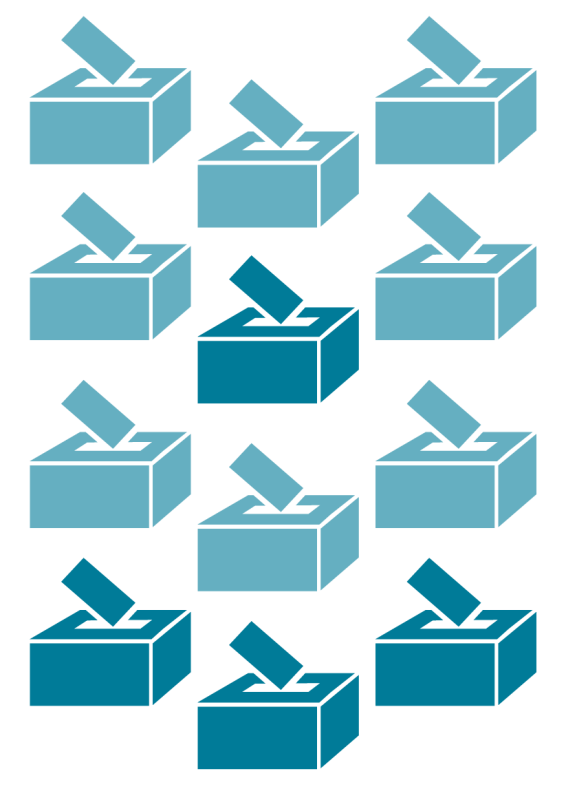What are the laws about political advertising? Are ads at election time true, and what can we do if they're not?
Ballot box graphic

Parliamentary Education Office (peo.gov.au)
Description
This graphic is a representation of a ballot papers being placed into a ballot boxes.
This work is licensed under a Creative Commons Attribution-NonCommercial-NoDerivs 3.0 Unported License.
You are free to share – to copy, distribute and transmit the work.
Attribution – you must attribute the work in the manner specified by the author or licensor (but not in any way that suggests that they endorse you or your use of the work).
Non-commercial – you may not use this work for commercial purposes.
No derivative works – you may not alter, transform, or build upon this work.
Waiver – any of the above conditions can be waived if you get permission from the copyright holder.
Thanks for your question.
There are 2 main laws that cover political advertising in Australia:
These laws relate to the access, timing, identification and authorisation of political advertising, rather than the content or opinions expressed in each advertisement.
The Australian Communications and Media Authority and the Australian Electoral Commission have responsibility for ensuring these laws are followed.
There is currently no legal requirement for the content of political advertisements to be factually correct. If you are concerned about a political advertisement, you can contact the advertiser directly and/or your local member of Parliament.
